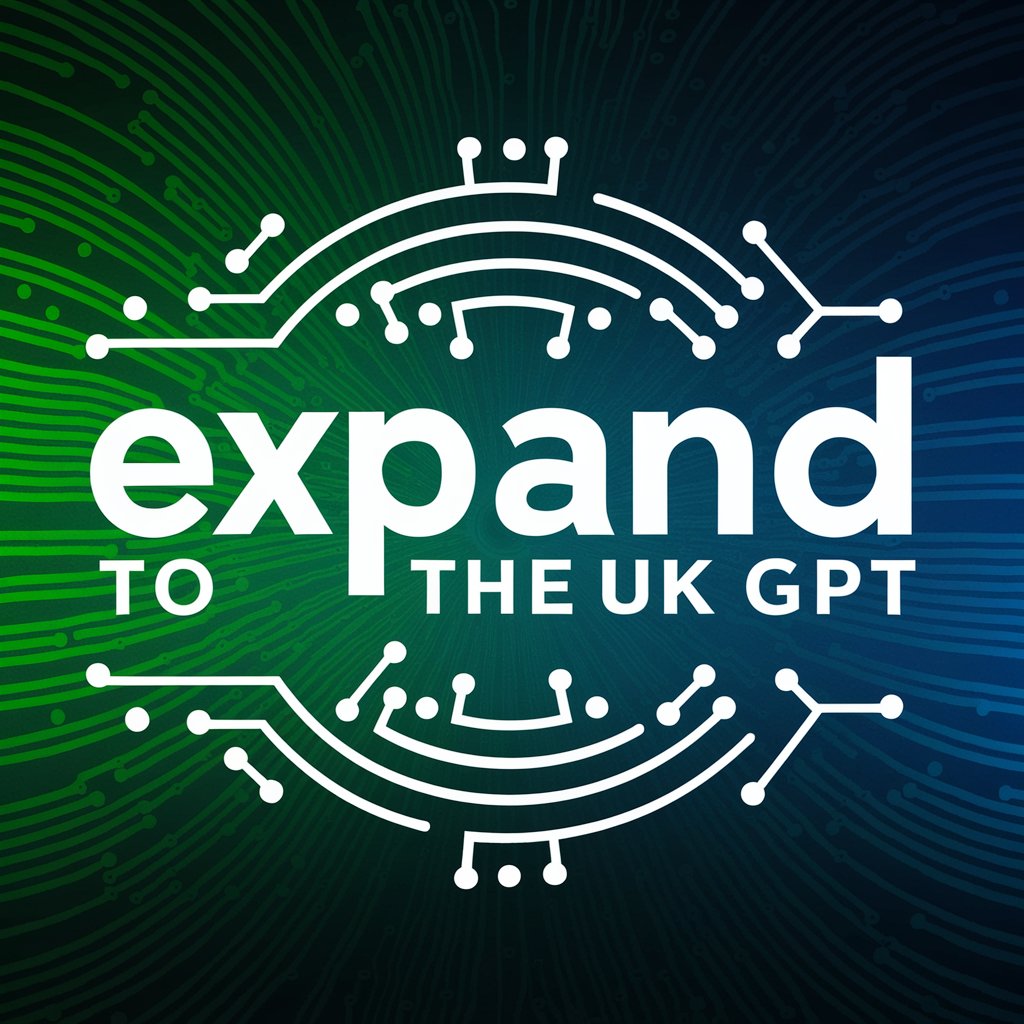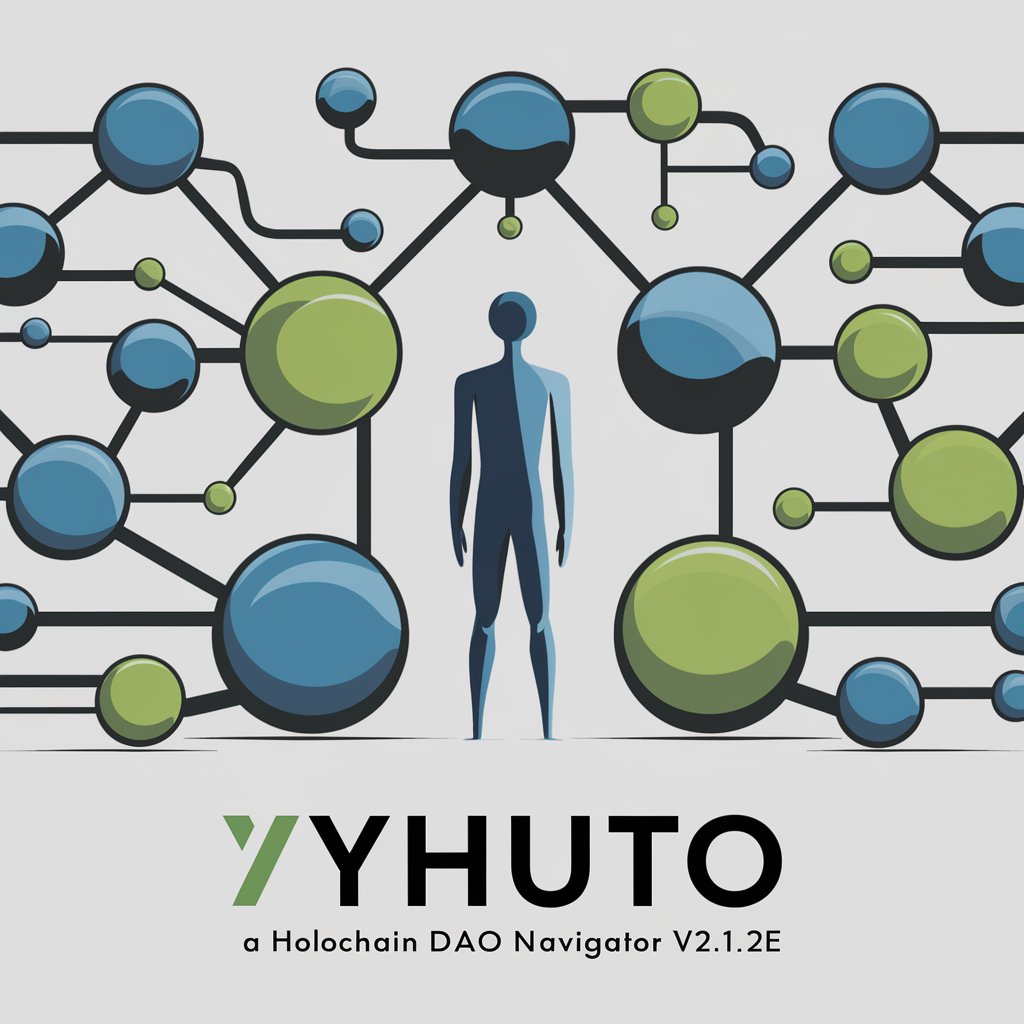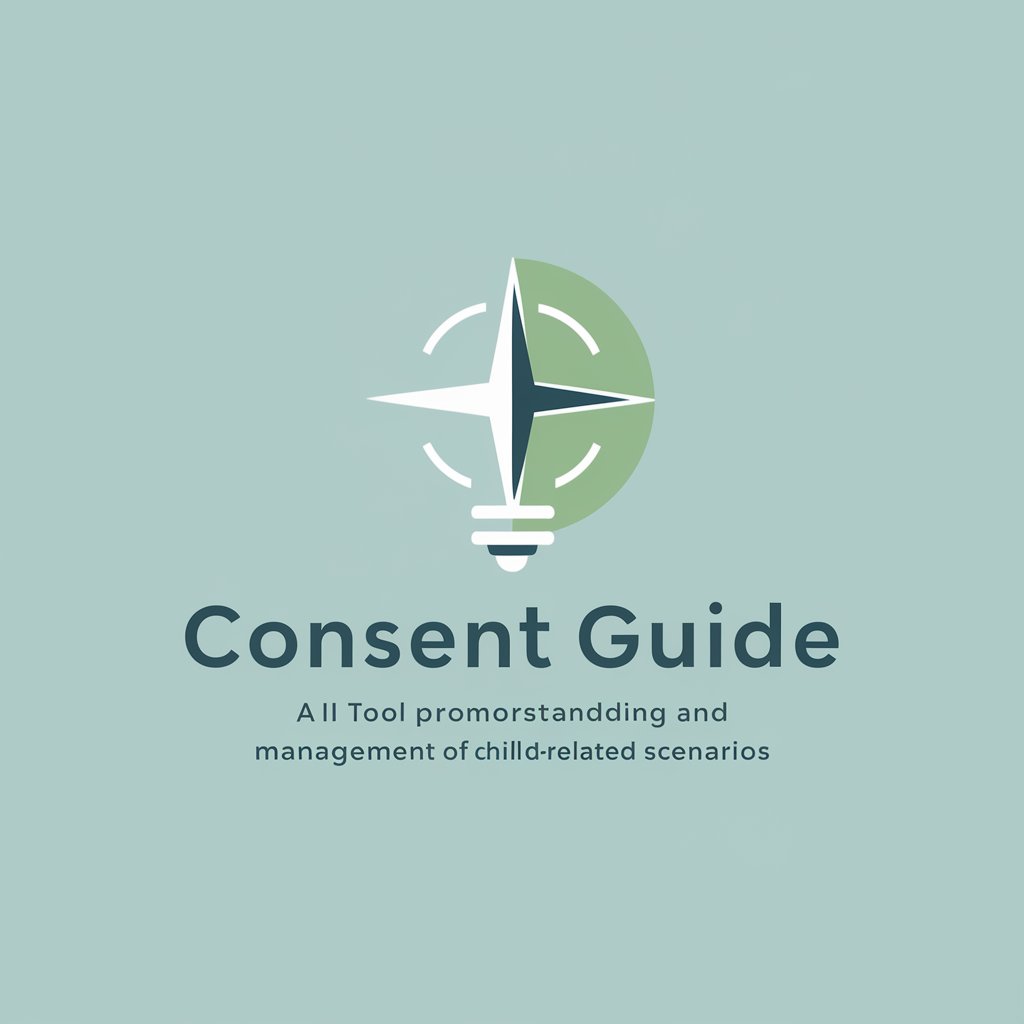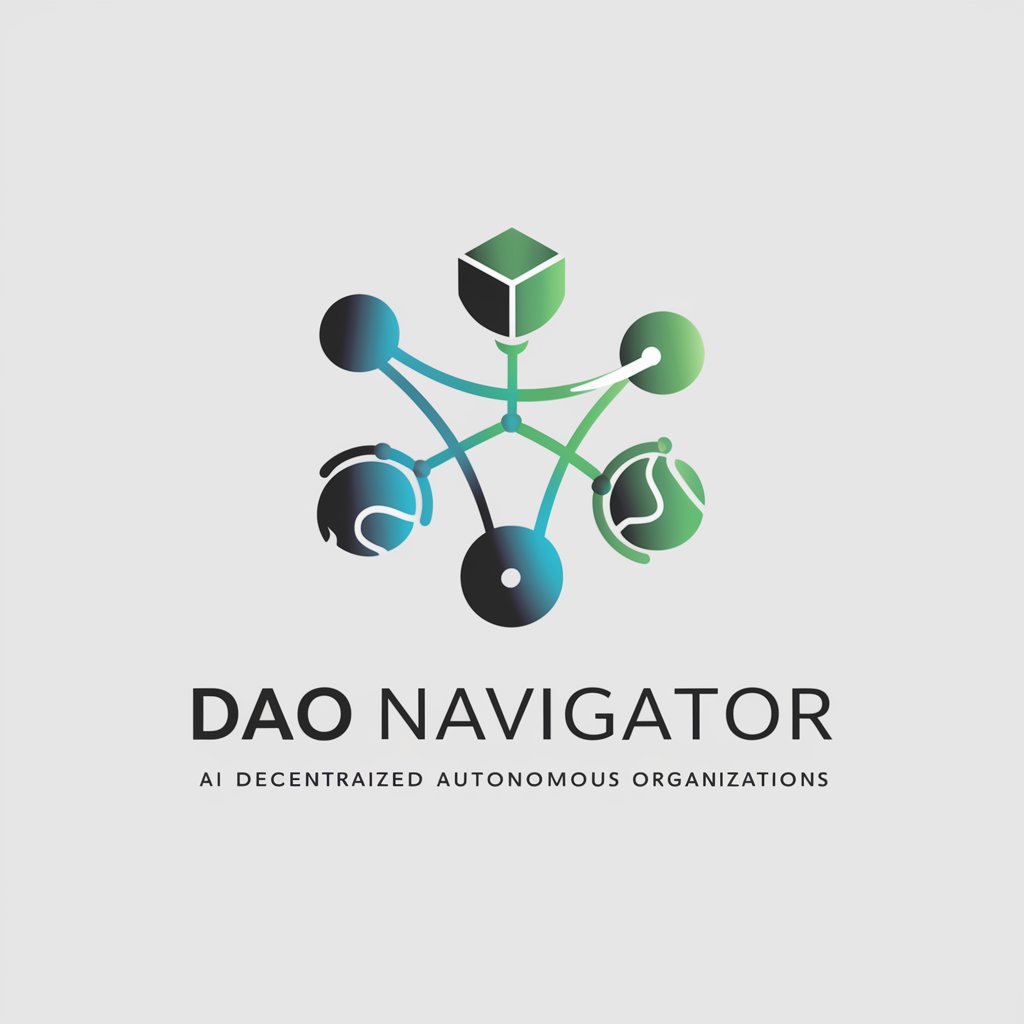9 GPTs for Legal Frameworks Powered by AI for Free of 2026
AI GPTs for Legal Frameworks are advanced tools designed to assist in legal research, document automation, compliance checks, and case law analysis. By leveraging Generative Pre-trained Transformers, these AI tools offer bespoke solutions tailored to the nuanced needs of legal practitioners. They streamline legal operations, enhance accuracy, and improve efficiency by automating routine tasks and providing insightful analyses.
Top 9 GPTs for Legal Frameworks are: Expand to the UK GPT,YHUTO, A Holochain DAO Navigator,Mentor,Consent Guide,Course Builder For Entrepreneurship Domain,Government Watchdog,Cannabis Equity Advocate,DAO Navigator,Policy Architect
Expand to the UK GPT
Empowering startups for UK market success.

YHUTO, A Holochain DAO Navigator
Empowering DAO Innovations with AI

Mentor
Empowering Decisions with AI Insight

Consent Guide
Simplifying consent with AI

Course Builder For Entrepreneurship Domain
AI-powered entrepreneurship education platform

Government Watchdog
Empowering informed civic dialogue with AI

Cannabis Equity Advocate
Empowering Equity in Cannabis with AI

DAO Navigator
Empowering DAO Innovation with AI Insights

Policy Architect
AI-powered Privacy Policy Crafting

Key Characteristics of Legal AI Tools
AI GPTs for Legal Frameworks boast adaptability, enabling customization for a range of legal tasks from drafting contracts to complex litigation analysis. Special features include natural language processing for understanding legal jargon, predictive modeling for legal outcomes, and integration capabilities with legal databases. These tools are distinguished by their continuous learning ability, enhancing their effectiveness over time.
Who Benefits from Legal AI Enhancements
The primary beneficiaries include legal professionals, law students, paralegals, and legal tech developers. These tools are designed to be user-friendly for those without programming knowledge, while also offering advanced customization for tech-savvy users. They serve to democratize access to legal information and tools, making complex legal tasks more manageable.
Try Our other AI GPTs tools for Free
Exercise Technique
Discover how AI GPTs for Exercise Technique revolutionize fitness routines with personalized guidance, real-time feedback, and advanced adaptability to meet your fitness goals.
Retirement Strategies
Discover how AI GPTs for Retirement Strategies revolutionize financial planning with personalized, data-driven advice for securing your future.
Income Diversification
Discover how AI GPTs for Income Diversification can transform your financial strategy with advanced analysis, personalized advice, and market predictions to optimize your income sources.
Video Strategy
Explore AI GPTs for Video Strategy to revolutionize your content creation and optimization. Tailored for professionals and novices alike, these tools offer innovative solutions for scripting, SEO, and analytics.
Personalized Reminders
Discover how AI GPTs for Personalized Reminders revolutionize task management with intuitive, adaptive, and highly personalized scheduling solutions.
Pet Behavior
Discover how AI GPTs for Pet Behavior revolutionize pet care with tailored insights, predictive analysis, and interactive training solutions.
Expanding Legal Horizons with AI
AI GPTs in the legal domain not only make legal processes more efficient but also open new avenues for legal analytics and foresight. Their integration with existing systems simplifies workflows, making them invaluable for future-ready legal practices. User-friendly interfaces ensure these advanced tools are accessible to a wide range of professionals, transforming the legal landscape.
Frequently Asked Questions
What exactly are AI GPTs for Legal Frameworks?
They are AI-driven tools tailored for the legal industry, designed to automate and enhance tasks such as research, document drafting, and analysis.
Can non-technical legal professionals use these tools?
Absolutely, these tools are designed with user-friendly interfaces that do not require programming skills, making them accessible to all legal professionals.
How do these AI tools adapt to specific legal tasks?
Through machine learning algorithms and natural language processing, the tools learn from vast amounts of legal texts and user inputs to improve task performance.
Are there customization options for developers?
Yes, developers can access APIs and development kits to tailor the tools for specific legal applications or integrate them into existing systems.
What makes AI GPTs for Legal Frameworks unique?
Their ability to understand and process complex legal language and provide contextually relevant information and documents makes them unique.
Can these tools predict legal outcomes?
While they can provide data-driven insights and probabilities based on past cases, they do not replace human judgment and are used as decision support tools.
How secure are AI GPTs when handling sensitive legal information?
These tools are built with advanced security features to ensure confidentiality and compliance with legal data protection standards.
Can AI GPTs integrate with existing legal software?
Yes, many AI GPTs are designed to seamlessly integrate with popular legal software, enhancing their functionality and efficiency.